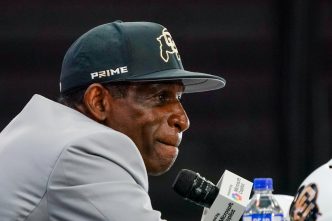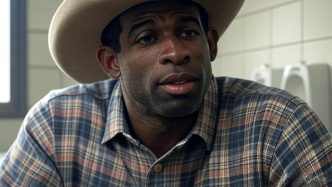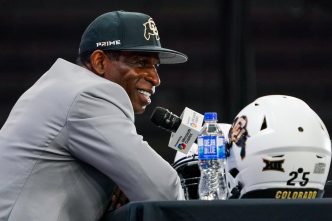Zakai Zeigler has stepped into a high-stakes battle with the NCAA over his eligibility that could reshape the landscape for future student-athletes. The lawsuit he filed in May challenges the NCAA’s rule limiting players to just four seasons of competition within a five-year window. Zeigler argues this is not just a personal grievance but an unlawful constraint of trade under federal and state antitrust laws. He’s pointing out that with his status as a proven performer in a high-profile conference like the SEC, his name, image, and likeness (NIL) valuation could be between $2 million and $4 million for the upcoming season if granted that fifth year.
The NCAA’s response to Zeigler’s plea? A resounding “get a job.” They denied his motion just recently, making their stance crystal clear: his legal battle could ultimately harm incoming student-athletes who might lose out on valuable roster spots to those looking to extend their college careers beyond the traditional timeline.
From Zeigler’s perspective, a fifth year would not only enhance his college-playing experience but also potentially lead to a lucrative NIL deal while he continues to develop his game ahead of a possible professional career. Yet, the NCAA countered with a strong assertion: if Zeigler had a legitimate pathway to the NBA, he’d likely be seen as a prospect already. They noted that he’s participated in 138 collegiate games, showcasing his skills enough for scouts to evaluate his potential. Furthermore, they argued that there’s no compelling justification for one additional season to help his career, especially since he has already opted to pass on multiple opportunities to enter the draft in favor of pursuing his degree.
The NCAA went on to emphasize that while Zeigler may be focused solely on his own aspirations, his legal stance could hinder the aspirations of countless young athletes dreaming of making their mark in college sports: “College athletics is a means to a better end for student-athletes — not the end itself,” they stated.
To complicate matters further, the U.S. Department of Justice has weighed in, marking a noteworthy development in eligibility cases. While they haven’t taken a definitive stance, the DOJ has encouraged the court to apply a “flexible rule-of-reason approach” to this case, citing the implications of the NCAA v. Alston ruling from 2021, which found violations of antitrust laws within college sports.
This pivotal ruling brings the elephant in the room to the forefront: how can the NCAA’s eligibility rules ensure a level playing field while maintaining academic integrity? The DOJ articulated that these rules can enhance consumer demand and potentially elevate the quality of student-athletes’ experiences by preserving the distinct line between college and professional sports.
Ultimately, Zeigler’s career has been nothing short of remarkable. He stands out with impressive stats—setting records for assists at Tennessee with 747, steals at 251, and ranking fifth in games and minutes played over his time there. He’s also carved out a place in the school’s all-time scoring records with 1,556 points. But as he pushes for another year on the court, it may be time to heed the NCAA’s advice: to consider transitioning to the next stage of his professional journey. The message from the NCAA and now the DOJ is clear: it’s time to move forward, not linger in the rearview mirror of collegiate athletics.







